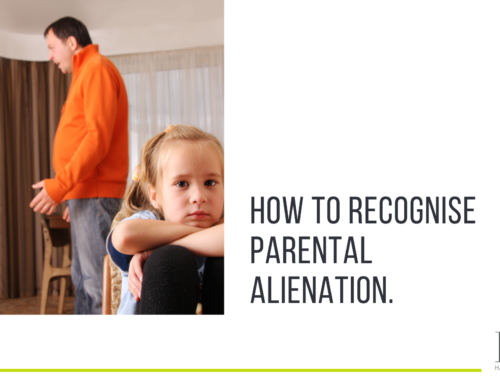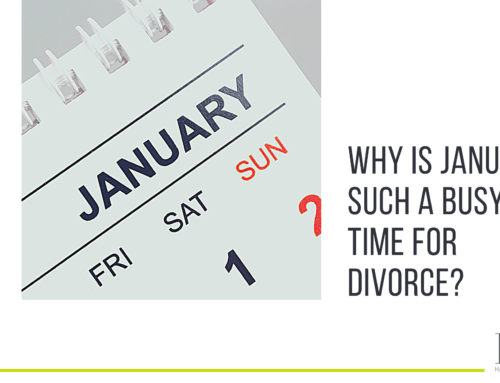For many people, this Christmas will be the first since their divorce or separation. As a family solicitor, helping clients deal with disputes about child arrangements throughout the year is a big part of my job. And I know only too well that Christmas can be a tricky time.
Client’s often struggle with the thought of being away from their children at such a special time of year and finding a resolution that suits everyone isn’t easy.
Here are some of my top tips when it comes to the arrangements for the children at Christmas, and how to put their needs first.
Start your discussions early
First and foremost, start any discussions about what Christmas will look like post-separation as soon as you can. This is particularly important if you know there’s likely to be disagreement and contention.
Opening up these conversations early leaves you with plenty of time to resolve any potential issues and agree on the appropriate compromises. It also allows you to manage your children’s expectations for the big day too.
Having the conversation early on will allow you to address any disagreements and seek legal advice should you need to. All too often I’m contacted by clients who have simply left it too late to take action about any arrangements they’re unhappy with. The family courts have a backlog of cases and, if the court’s help is necessary to resolve issues, an application must be made well in advance of the Christmas period. There are other ways of resolving issues between parents without having to resort to using the court process but, these too, need time to work effectively.
Think about wider family arrangements
During your discussions remember that, for a lot of families, Christmas is a time to be with extended family too. Will your children be expecting to see their grandparents? Are relatives coming from further away to visit? Will you need to travel to see them? Consider not just your plans for Christmas day, but also the surrounding days such as Boxing Day and New Year.
If you have your child’s term dates, consider planning your visits throughout the Christmas holidays. Some families may choose to divide a two week holiday in half for example, whilst others will have days or blocks of days or even split Christmas Day in half. It’s a good idea to agree that in future years the arrangements will alternate to avoid issues each year. It’s all about what works for you and, most importantly, for your children.
Try to agree on presents in advance
If possible, try and agree what presents each family will be getting your child at Christmas time. If you and your ex buy separate presents, try to agree on a level of equality when it comes to how much you spend and the amount of presents you buy. This will avoid bad feeling between you, as parents, and your children being caught in a ‘competition’ between you.
You’ll find some more advice in one of our previous blogs about co-parenting at Christmas, to help you stay organised and on track.
Take your child’s opinion into consideration
If your child is older, you should be prepared for them to have their own thoughts and feelings on how they want to spend their holidays. If they’re younger, be prepared to explain that the plans may not be exactly what they wanted, but that you’ve done your best to make things as fair as possible.
However, there’s a big difference between taking your child’s opinion into consideration and making them choose between you and your ex-partner.
‘Would you rather spend Christmas day with me or them?’ is only going to result in someone’s feelings being hurt and potentially distress for your child. Every family is different and what works will vary. Just remember, try to stay calm and clearly communicate any plans with your ex-partner and your child.
Avoid using emotive language
I’d always advise to avoid using overly emotive language when it comes to talking about your ex-partner.
This is especially true around Christmas time. Emotions can be high, and it can be easy to try and tempt your child to want to spend the day with you. Ultimately, you have to stay focused on your child’s best interests and a suitable compromise and agreement for everyone.
If you need support preparing for your first Christmas after divorce or separation, my team and I are here to help. Contact us today for more information.
By Carol Jessop






